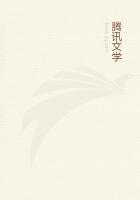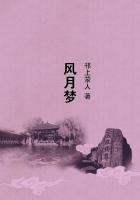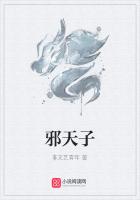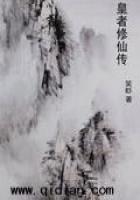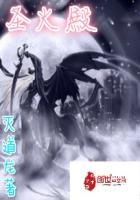"You smell the autocrat? Yes, he can mould and govern the creatures about him. His toughest rebel is himself! If you see Clara ... You wish to see her, I think you said?"
"Her behaviour to Lady Busshe last night was queer."
"If you will. She makes a mouth at porcelain. Toujours la porcelaine! For me, her pettishness is one of her charms, I confess it. Ten years younger, I could not have compared them."
"Whom?"
"Laetitia and Clara."
"Sir Willoughby, in any case, to quote you, here we are all upon the road, and we must act as if events were going to happen; and I must ask her to help me on the subject of my wedding-present, for I don't want to have her ****** mouths at mine, however pretty--and she does it prettily."
"'Another dedicatory offering to the rogue in me!' she says of porcelain."
"Then porcelain it shall not be. I mean to consult her; I have come determined upon a chat with her. I think I understand. But she produces false impressions on those who don't know you both.
'I shall have that porcelain back,' says Lady Busshe to me, when we were shaking hands last night: 'I think,' says she, 'it should have been the Willow Pattern.' And she really said: 'He's in for being jilted a second time!'"
Sir Willoughby restrained a bound of his body that would have sent him up some feet into the air. He felt his skull thundered at within.
"Rather than that it should fan upon her!" ejaculated he, correcting his resemblance to the high-caste culprit as soon as it recurred to him.
"But you know Lady Busshe," said Mrs. Mountstuart, genuinely solicitous to ease the proud man of his pain. She could see through him to the depth of the skin, which his fencing sensitiveness vainly attempted to cover as it did the heart of him. "Lady Busshe is nothing without her flights, fads, and fancies. She has always insisted that you have an unfortunate nose. I remember her saying on the day of your majority, it was the nose of a monarch destined to lose a throne."
"Have I ever offended Lady Busshe?"
"She trumpets you. She carries Lady Culmer with her too, and you may expect a visit of nods and hints and pots of alabaster. They worship you: you are the hope of England in their eyes, and no woman is worthy of you: but they are a pair of fatalists, and if you begin upon Letty Dale with them, you might as well forbid your banns. They will be all over the country exclaiming on predestination and marriages made in heaven."
"Clara and her father!" cried Sir Willoughby.
Dr Middleton and his daughter appeared in the circle of shrubs and flowers.
"Bring her to me, and save me from the polyglot," said Mrs Mountstuart, in afright at Dr. Middleton's manner of pouring forth into the ears of the downcast girl.
The leisure he loved that he might debate with his genius upon any next step was denied to Willoughby: he had to place his trust in the skill with which he had sown and prepared Mrs Mountstuart's understanding to meet the girl--beautiful abhorred that she was! detested darling! thing to squeeze to death and throw to the dust, and mourn over!
He had to risk it; and at an hour when Lady Busshe's prognostic grievously impressed his intense apprehensiveness of nature.
As it happened that Dr. Middleton's notion of a disagreeable duty in colloquy was to deliver all that he contained, and escape the listening to a syllable of reply, Willoughby withdrew his daughter from him opportunely.
"Mrs. Mountstuart wants you, Clara."
"I shall be very happy," Clara replied, and put on a new face. An imperceptible nervous shrinking was met by another force in her bosom, that pushed her to advance without a sign of reluctance.
She seemed to glitter.
She was handed to Mrs. Mountstuart.
Dr Middleton laid his hand over Willoughby's shoulder, retiring on a bow before the great lady of the district. He blew and said: "An opposition of female instincts to masculine intellect necessarily creates a corresponding antagonism of intellect to instinct."
"Her answer, sir? Her reasons? Has she named any?"

